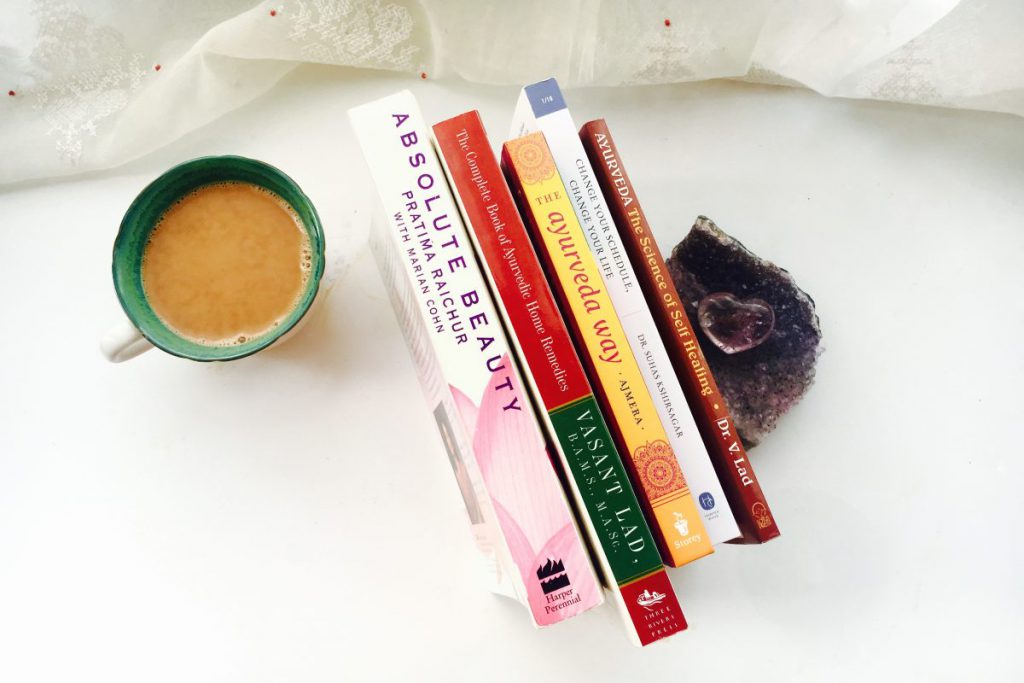Historically, most yogis understood the basic principles and logic of Ayurveda. To varying degrees, it was embedded into Indian culture as swasthavritta, the holistic self-care stream of Ayurvedic wisdom. T. Krishnamacharya, the father of modern yoga, had a deep knowledge of Ayurveda, which explains why he gave such unique teachings to his different students, such as BKS Iyengar (therapeutic structural alignment emphasis) and K. Pattabhi Jois (Ashtanga Vinyasa). Ayurveda had a huge impact on how those teachings were informed and how their teaching styles later emerged. Ideally, all modern yoga teachers should have that insight.
Though open to everyone, Sevanti Institute programs and courses offer an outstanding opportunity for yoga teachers and teachers-in-training to understand their students and clients more deeply, personalize their yoga offerings to the nature of each person, and ultimately create a complementary revenue stream outside of the classroom environment. Don’t give away information about diet and lifestyle to your students. See them professionally, and be paid for it. Give more accurately informed advice, guided by the wisdom of Ayurveda, and create a complementary revenue stream. As we all know, a resourceful teacher stands out above those less resourceful. Graduates can establish themselves in the community as Ayurvedic Wellness Counselors (AWC), exceeding the skills and capacities of most yoga teachers in a very competitive field.
In our modern communities, yoga teachers are held to the very highest standards of health, vitality, and overall wellbeing. Students, friends, and family come to you for advice often on matters of diet, lifestyle, and psychological and spiritual wellbeing. Without proper training and assessment skills, your advice may not work for everyone or may do harm. According to Ayurveda, what works to keep you in balance may not work for others. Training as an Ayurveda Wellness Counselor would provide you with a more professional Ayurveda skill set to assess the individual needs of your students and prescribe custom solutions to each person’s unique situation.
Yoga and Ayurveda are distinct disciplines that complement one another. Once trained, a yoga private client could see you for private yoga sessions on Mondays, for example, and as an Ayurveda client on Thursdays to discuss nutrition and imbalanced doshas affecting their wellbeing and practice.
























 Sevanti Adventures
Sevanti Adventures Sevanti Wellness
Sevanti Wellness